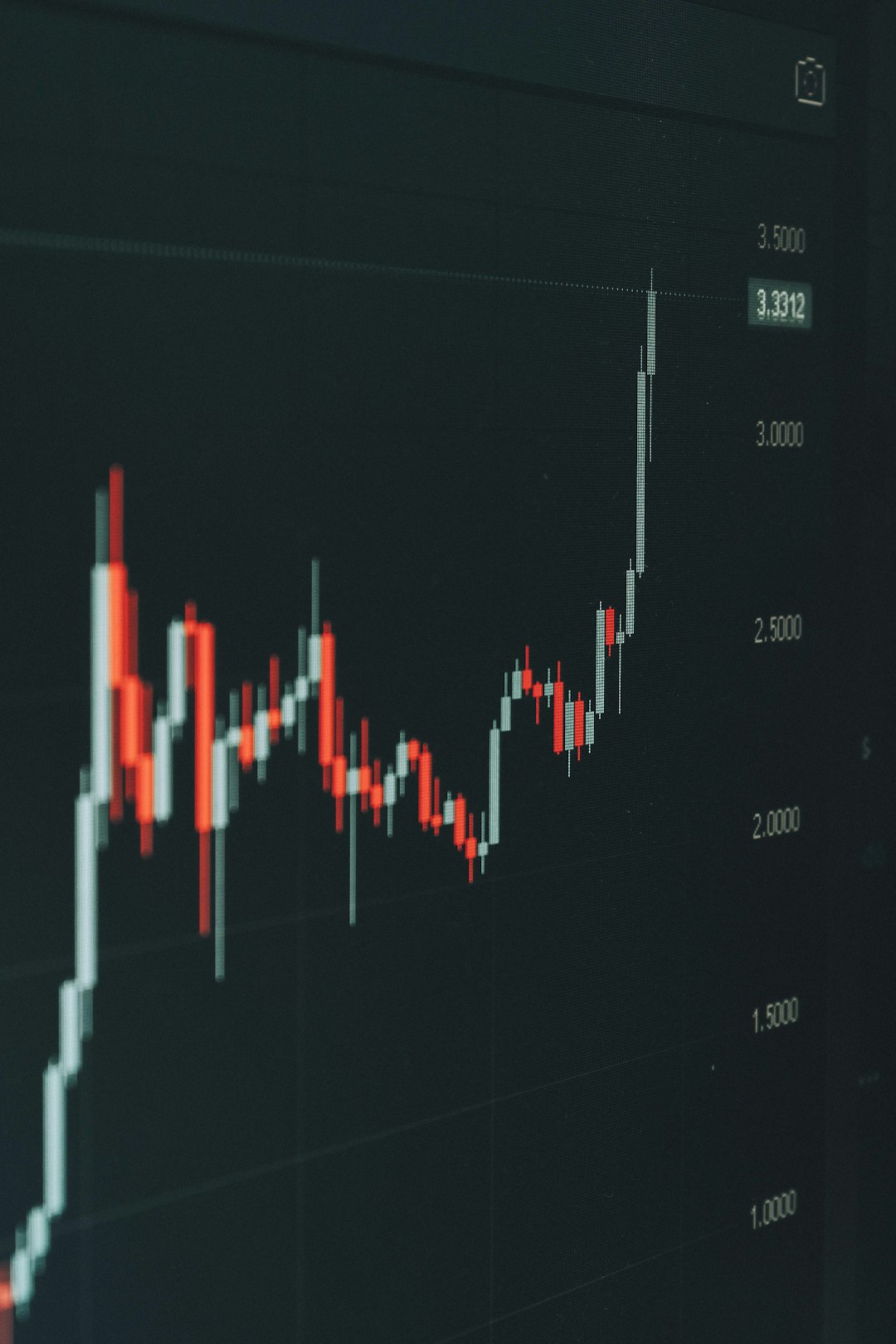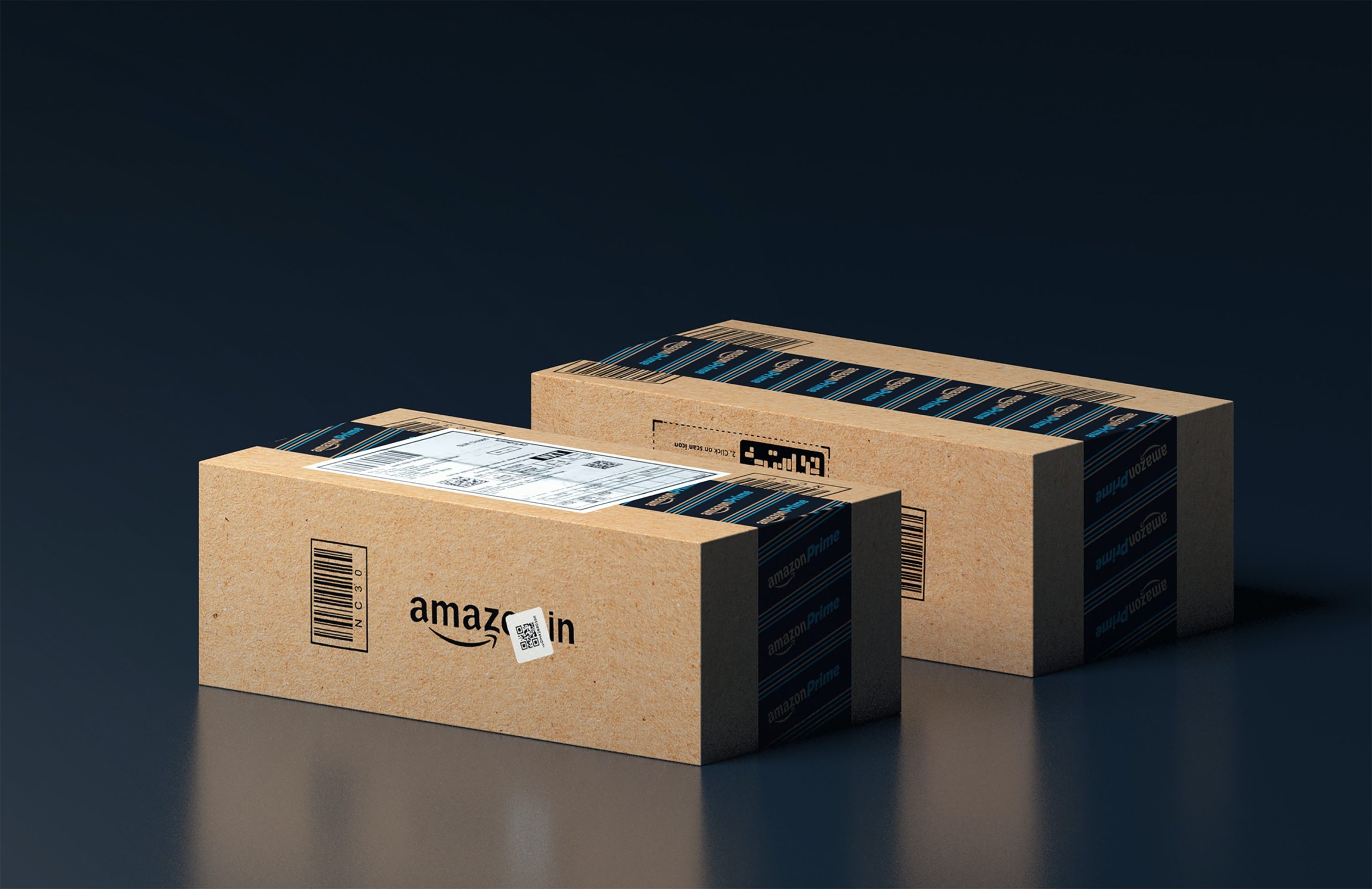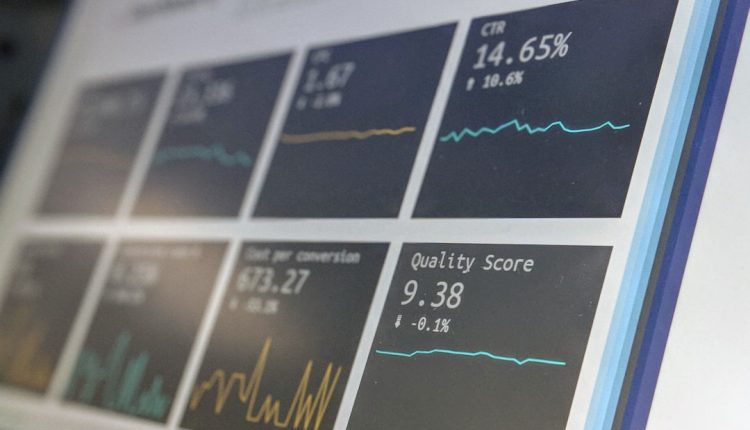In the rapidly evolving world of decentralized technologies and digital assets, IOTA stands out for its innovative approach to powering the Internet of Things (IoT). Unlike most cryptocurrencies that rely on blockchain technology, IOTA uses a unique system called the Tangle — a type of Directed Acyclic Graph (DAG) — which allows for high scalability, no transaction fees, and a high degree of decentralization. Its core mission is to facilitate secure sales and trading of data streams and services among IoT devices.
Key Use Cases of IOTA
Table of Contents
IOTA technology has numerous practical applications that span different industries. Below are the primary use cases where IOTA is making a significant impact:
1. Data Integrity and Stream Authentication
One of the central promises of blockchain and DLT technologies is data integrity. IOTA enables this through its tamper-evident Tangle ledger, allowing organizations to record immutable proof that data has not been altered. Devices can write their data streams directly to the Tangle, enabling transparently traceable and auditable data trails.
This is especially important in sectors like:
- Healthcare – For securing patient records and medical histories
- Supply Chain – For verifying the origin and handling of goods
- Aerospace – For monitoring component data throughout the manufacturing and service cycle

2. Machine-to-Machine (M2M) Payments
One of IOTA’s biggest innovations is enabling feeless, automatic microtransactions between machines. In the emerging machine economy, devices like electric cars and drones need to transact with other devices — buying electricity, paying tolls, or charging for services — autonomously and without human intervention. IOTA’s architecture allows exactly that, making it ideal for:
- Smart charging stations that accept payments directly from vehicles
- Autonomous drones that pay by the kilometer for use of airways
- Connected appliances that order repairs or resources when needed
Because there are no miners and thus no transaction fees, IOTA allows such micropayments to occur in real time, opening up new business models across the IoT sector.
3. Supply Chain Management
IOTA is increasingly being used to enhance transparency and traceability in supply chains. Companies can upload location, environmental, and handling data to the Tangle at each point in a product’s life cycle. This creates a decentralized source of truth that helps companies comply with regulatory requirements, improve quality assurance, and reduce the risk of counterfeit products.

Applications include:
- Tracking pharmaceuticals from manufacturer to pharmacy
- Monitoring food safety through temperature and environmental logs
- Verifying sustainability claims by tracing raw materials
4. Digital Identity and Access Control
IOTA is also being explored as a backbone for decentralized identity systems. In a world increasingly concerned with data privacy, the ability to control and verify digital identities without a central authority is invaluable. IOTA enables self-sovereign identity solutions, where individuals and devices can manage their credentials securely and share them selectively.
Use cases include:
- Secure login for online services without storing passwords
- Identity verification in banking and governmental services
- Smart city access for authorized public services and activities
5. Smart Cities and Urban Mobility
By fostering seamless communication between connected systems, IOTA is helping cities become smarter, safer, and more efficient. From traffic lights and public transportation networks to energy grids and water distribution systems, the goal is to create urban ecosystems where machines collaborate for the common good.
For example, IOTA could help:
- Optimize traffic flow through real-time data sharing between vehicles and infrastructure
- Enable dynamic pricing of public parking spaces
- Coordinate autonomous vehicle movement through smart contracts

Final Thoughts
IOTA represents a forward-thinking solution in the world of distributed ledger technologies. Its focus on enabling real-world utility through scalable and feeless architecture makes it especially well-suited for the Internet of Things and other high-volume environments. Whether it’s securing data streams, powering autonomous economic agents, or ensuring transparent supply chains, IOTA is poised to play a critical role in the digital infrastructure of tomorrow.
As industries continue to digitize and seek innovative solutions for managing data and value exchange, IOTA’s unique contribution is not just relevant—it is essential.

